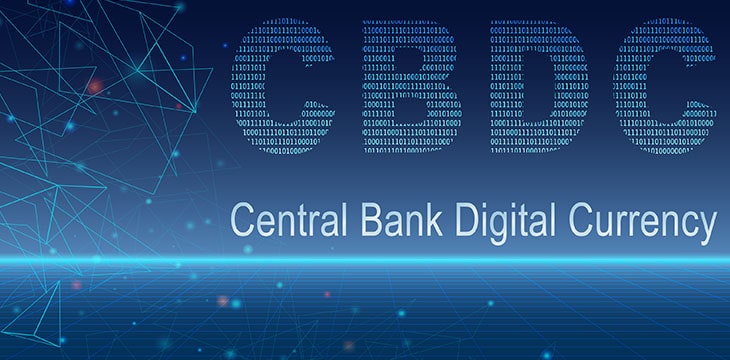|
Getting your Trinity Audio player ready...
|
Japanese blockchain firm Soramitsu has reportedly landed deals to conduct central bank digital currency (CBDC) feasibility studies for the Philippines and Vietnam.
According to a report by Nikkei, a Japanese news outlet, the study will begin as soon as this month. The report notes that the two countries and other Southeast Asian countries are revamping their CBDCs efforts in response to the growing popularity of Chinese payment apps like Alipay and WeChat Pay.
The countries, while battling dollarization, are also beginning to express concern over the growing popularity of the yuan and the digital yuan, which may infiltrate the market through these apps.
Both Alipay and WeChat Pay are banned in Vietnam, but this has not stopped locals from using the apps. It is hoped that the CBDC will help improve the usability of their home currency and support economic security.
Soramitsu has a track record of developing and deploying blockchain-backed CBDC solutions. The Tokyo-based company helped create one of the world’s first CBDCs—Cambodia’s Bakong. Notably, the CBDC was deployed to reduce Cambodia’s reliance on the dollar.
The Japanese company also has a significant footprint in other CBDC and blockchain projects across the continent. In January, it partnered with the Asian Development Bank to test cross-border securities settlements using blockchain technology.
Soramitsu is currently among the companies helping Singapore and Laos develop their CBDCs. Its other specializations include digital currency wallet solutions, decentralized finance, and permissioned blockchain implementations.
CBDC development in the Philippines and Vietnam
Both the Philippines and Vietnam had already confirmed their intentions to develop CBDCs. Roughly a year ago, Vietnam’s Prime Minister Phạm Minh Chính instructed the central bank to begin exploring a CBDC. The PM expressed optimism for a Vietnamese CBDC, noting that it could put the small country on the global financial map.
The Philippines’ journey with CBDCs began in 2020 when the central bank established an expert panel to explore the possibility. However, the country has still not reached a conclusive decision in 2022.
Earlier this year, the Bangko Sentral ng Pilipinas (BSP) disclosed that it was embarking on a wholesale CBDC pilot for international settlements. However, it was not sure when it would roll out a full implementation. It also downplayed the need for a retail CBDC, stating that the payments system is currently resilient enough to support all local payments needs.
To learn more about central bank digital currencies and some of the design decisions that need to be considered when creating and launching it, read nChain’s CBDC playbook.
Watch: The BSV Global Blockchain Convention panel, CBDCs and BSV Blockchain

 03-01-2026
03-01-2026 




